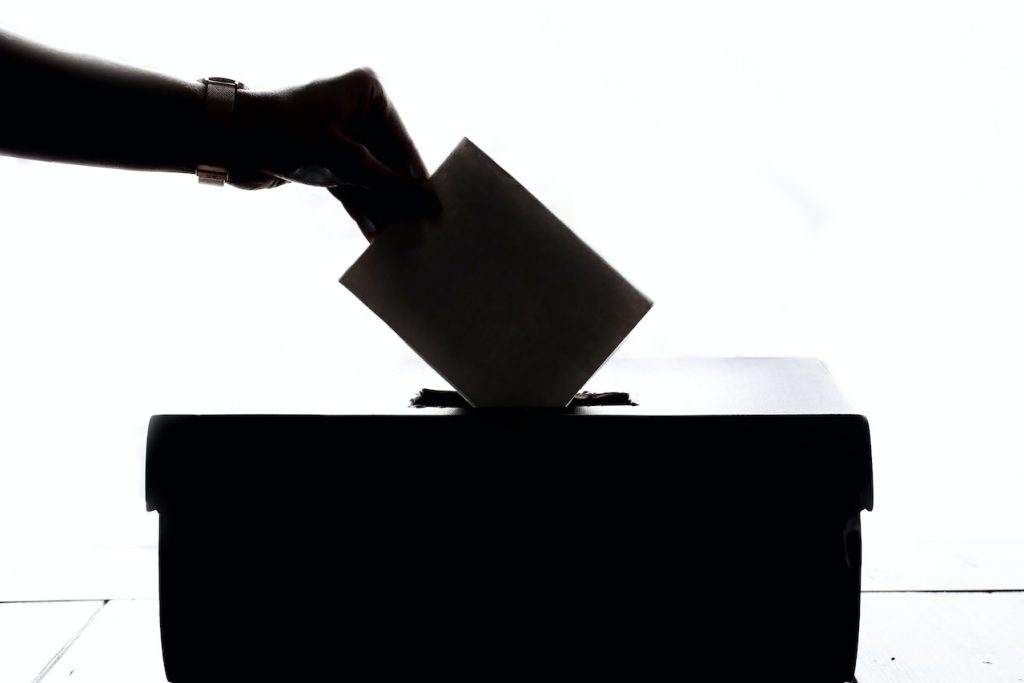A recent survey from the University of California reveals that 61% of U.S. voters support legalizing psychedelics for therapeutic purposes. Respondents’ attitudes towards personal use and societal implications of psychedelics varied. The report also highlights a first-degree connection to psychedelic use among 51% of participants and a political divide regarding psychedelic legalization.
Psychedelics Survey: 61% Of US Voters Support Legalization


A majority – 61% – of registered voters in the United States favor the legalization of psychedelics for therapeutic purposes, according to the inaugural survey from the University of California at Berkeley on psychedelics. 56% of respondents support obtaining Food and Drug Administration (FDA) approval for prescription psychedelics.
For more news like this, download our free cannabis news app.
Public Opinion on Psychedelics Research and Decriminalization
An overwhelming majority of those surveyed (78%) are in favor of researchers having easier access to study psychedelic substances, while nearly half of the respondents (49%) support eliminating criminal penalties for personal use and possession, and 44% support the authorization of psychedelics for spiritual and religious purposes.
Perception and Acceptance of Psychedelics
Among the 61% of people in favor of allowing therapeutic use of psychedelic substances, 63% stated that psychedelics were not “something for people like me,” 56% stated that psychedelics were not “something that interests me,” and 47% stated that psychedelics were not “a good thing for society.”
Among those who agreed with decriminalizing substances, 57% stated that psychedelics were not for them, 39% were not interested in learning more, and 41% stated that psychedelics were “not good for society.”
Personal Connection to Psychedelic Use
Just over half of the respondents (51%) reported having a “first-degree” connection to psychedelic use – either they themselves, or one of their close ones has used a psychedelic drug.
“Respondents with knowledge and a first-degree connection to psychedelics are also more likely to support policy reforms, have a positive perception of psychedelics, and trust almost all sources of information about psychedelics (except for law enforcement). With the exception of expanding research, no psychedelic policy reform is supported primarily by voters who do not have a first-degree connection to use,” according to the study.
Public Awareness of Therapeutic Uses
The survey found that 47% of voters have recently heard about psychedelics, with 48% of them stating they heard about the use of psychedelics for mental health treatment.
Political Divide on Legalization
Among those surveyed, liberal voters are overwhelmingly in favor of legalizing therapeutic access to psychedelics (80%), compared to 66% for moderates and 45% for conservatives.
Acceptance of Psychedelic Therapy for Specific Groups
Most of the surveyed voters accept that psychedelic therapy could be used to treat people suffering from terminal illnesses (80%), veterans (69%), and people with depression and anxiety resistant to treatments (67%).
However, fewer agree with unrestricted access to psychedelic therapy for anyone over 21 years old (44%) or the use of psychedelic therapy to treat substance addiction (45%).
—
(Featured image by Element5 Digital via Pexels)
DISCLAIMER: This article was written by a third-party contributor and does not reflect the opinion of Hemp.im, its management, staff, or its associates. Please review our disclaimer for more information.
This article may include forward-looking statements. These forward-looking statements generally are identified by the words “believe,” “project,” “estimate,” “become,” “plan,” “will,” and similar expressions. These forward-looking statements involve known and unknown risks as well as uncertainties, including those discussed in the following cautionary statements and elsewhere in this article and on this site. Although the company may believe that its expectations are based on reasonable assumptions, the actual results that the company may achieve may differ materially from any forward-looking statements, which reflect the opinions of the management of the company only as of the date hereof. Additionally, please make sure to read these important disclosures.
First published in Newsweed, a third-party contributor translated and adapted the article from the original. In case of discrepancy, the original will prevail.
Although we made reasonable efforts to provide accurate translations, some parts may be incorrect. Hemp.im assumes no responsibility for errors, omissions or ambiguities in the translations provided on this website. Any person or entity relying on translated content does so at their own risk. Hemp.im is not responsible for losses caused by such reliance on the accuracy or reliability of translated information. If you wish to report an error or inaccuracy in the translation, we encourage you to contact us.



Comments are closed for this post.